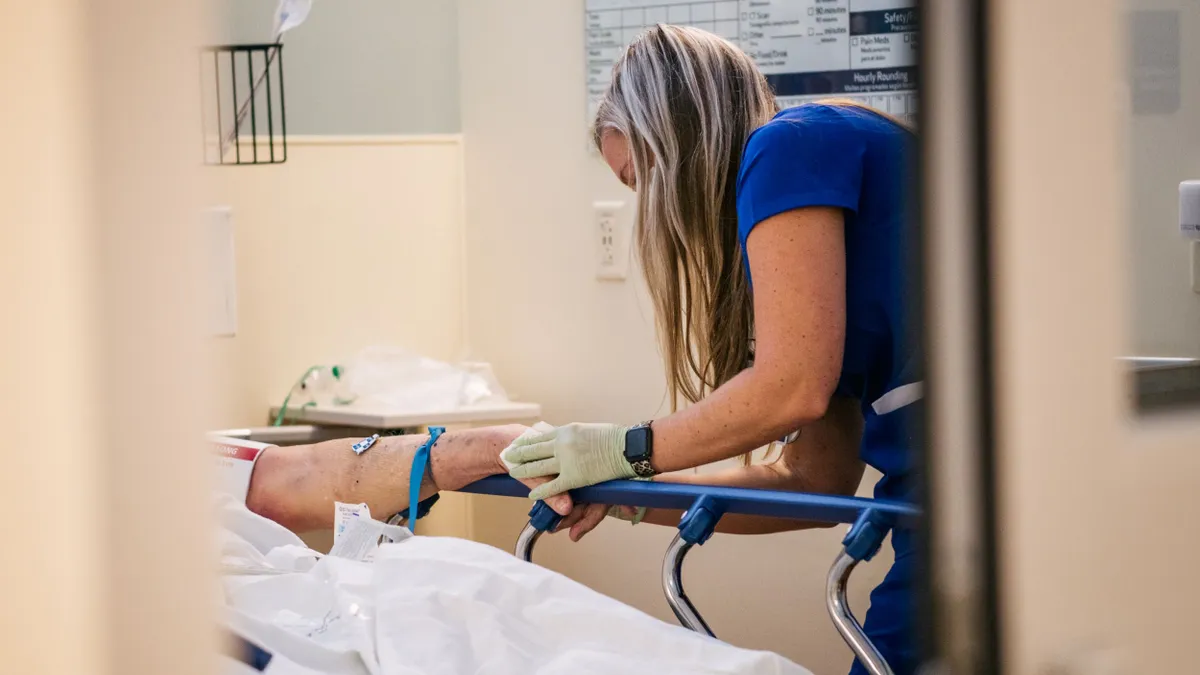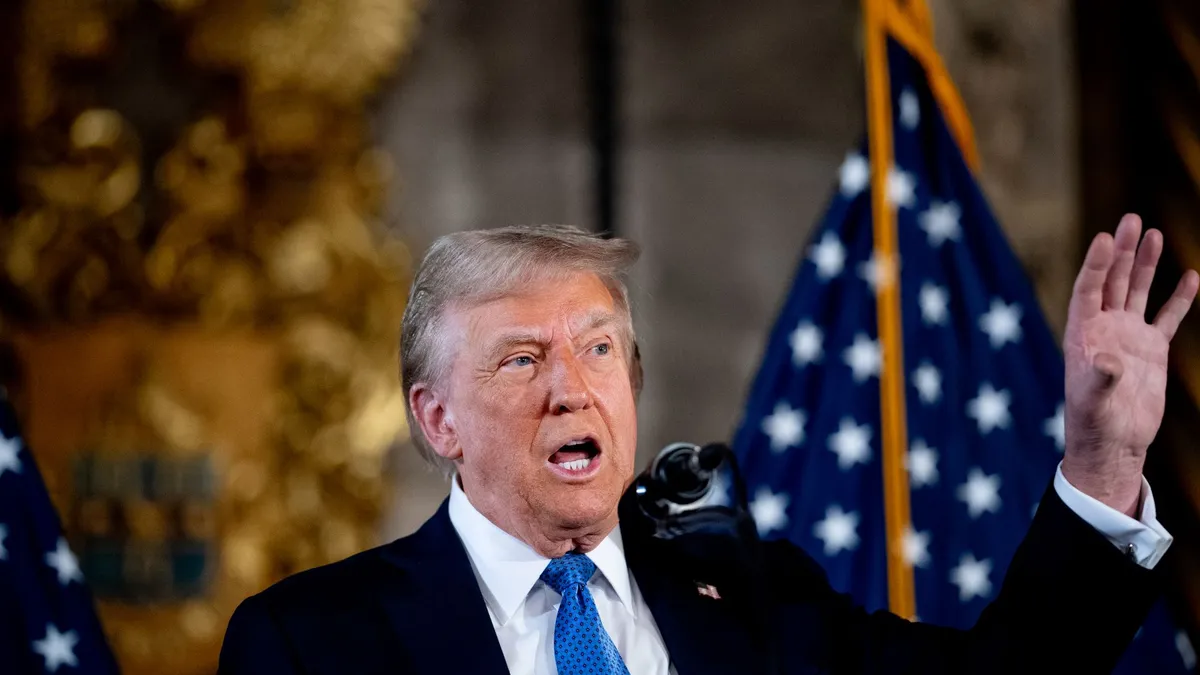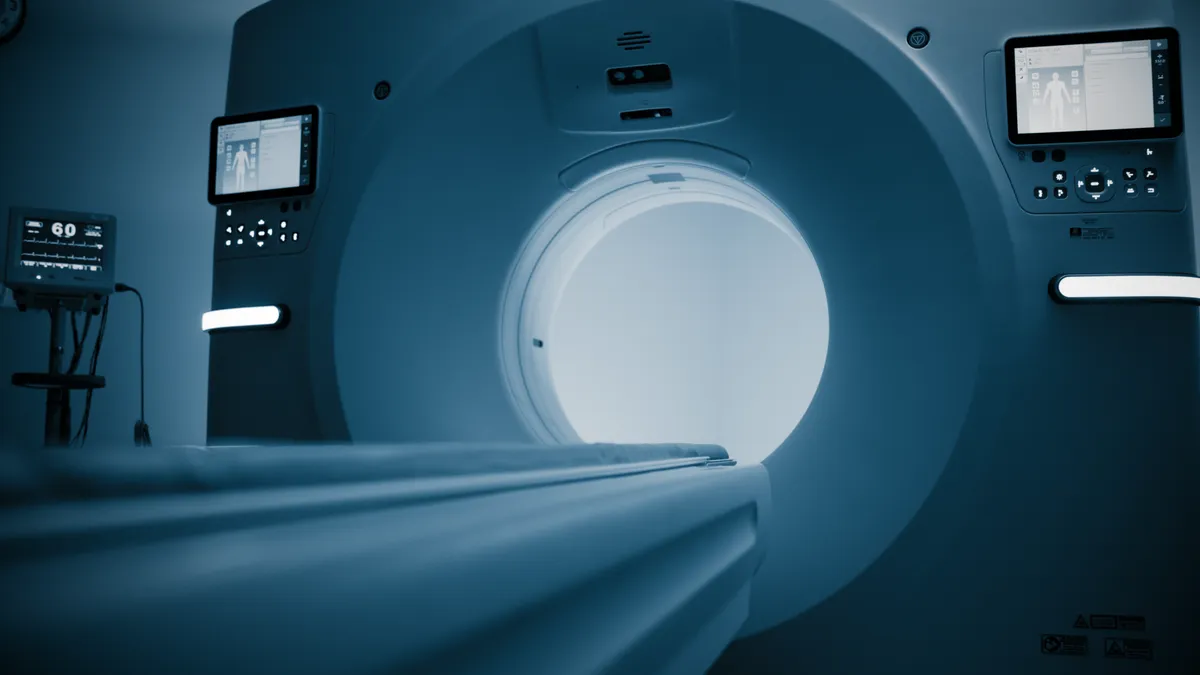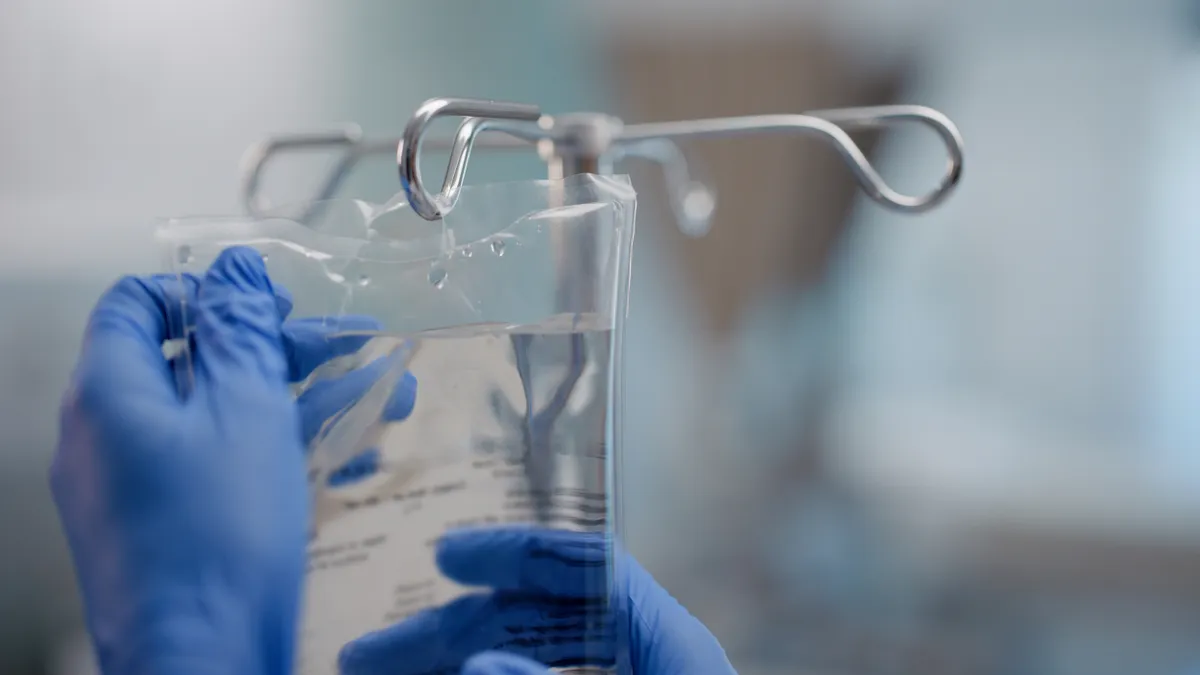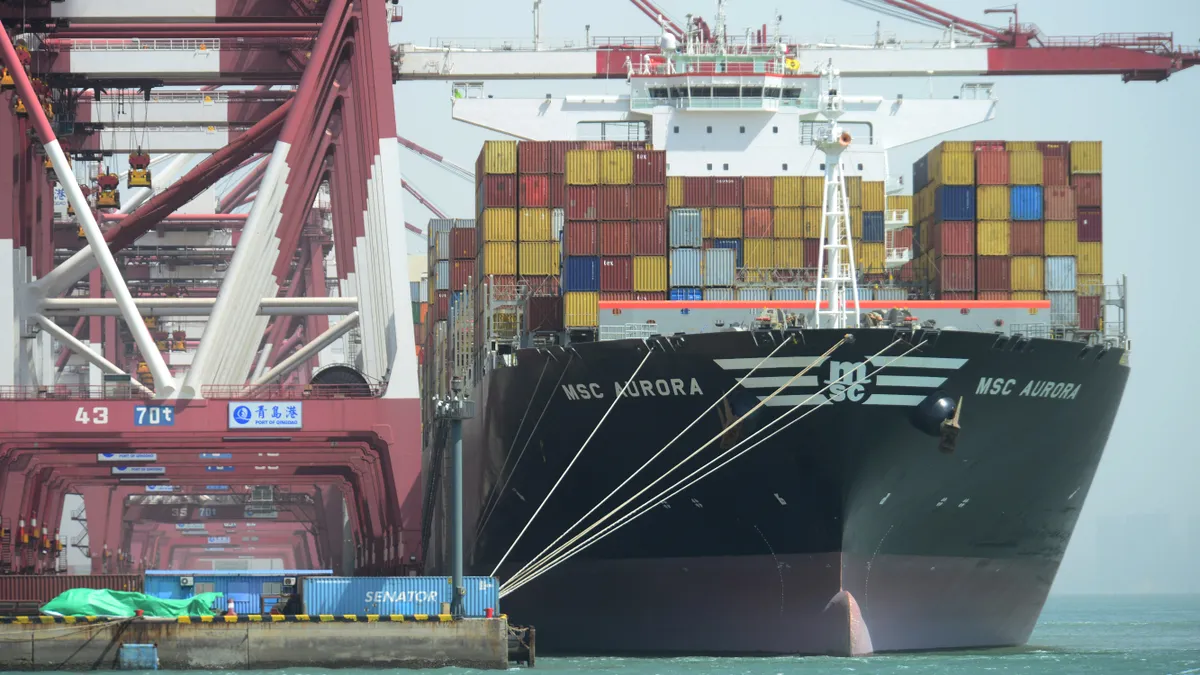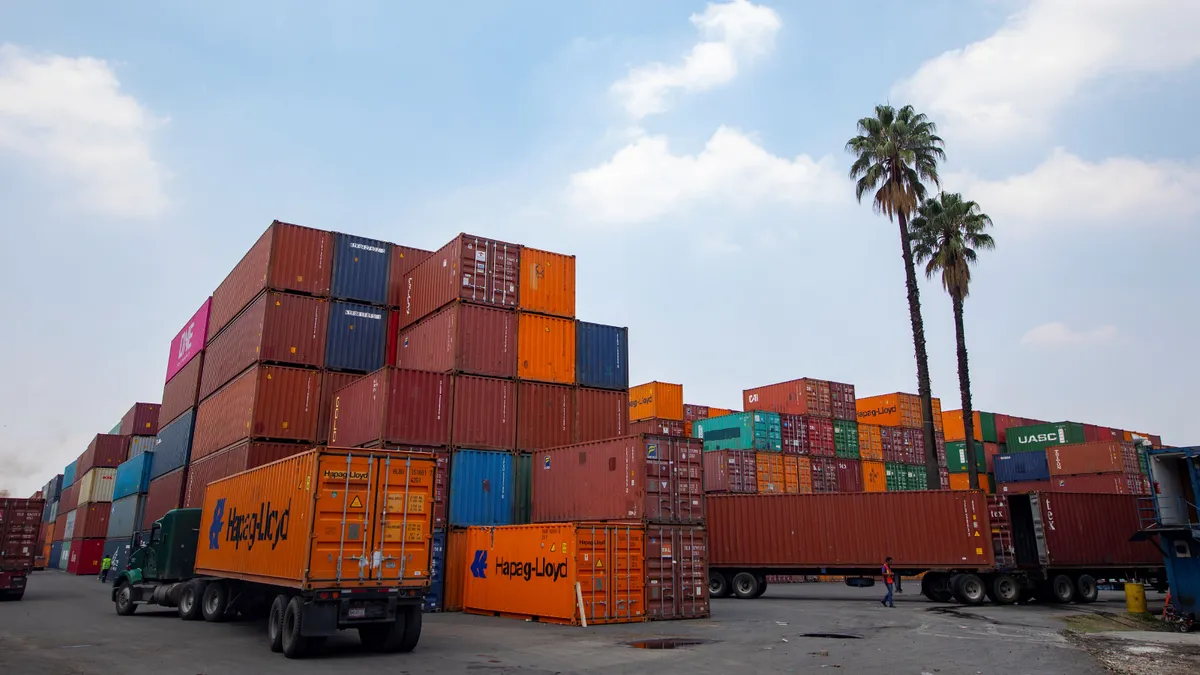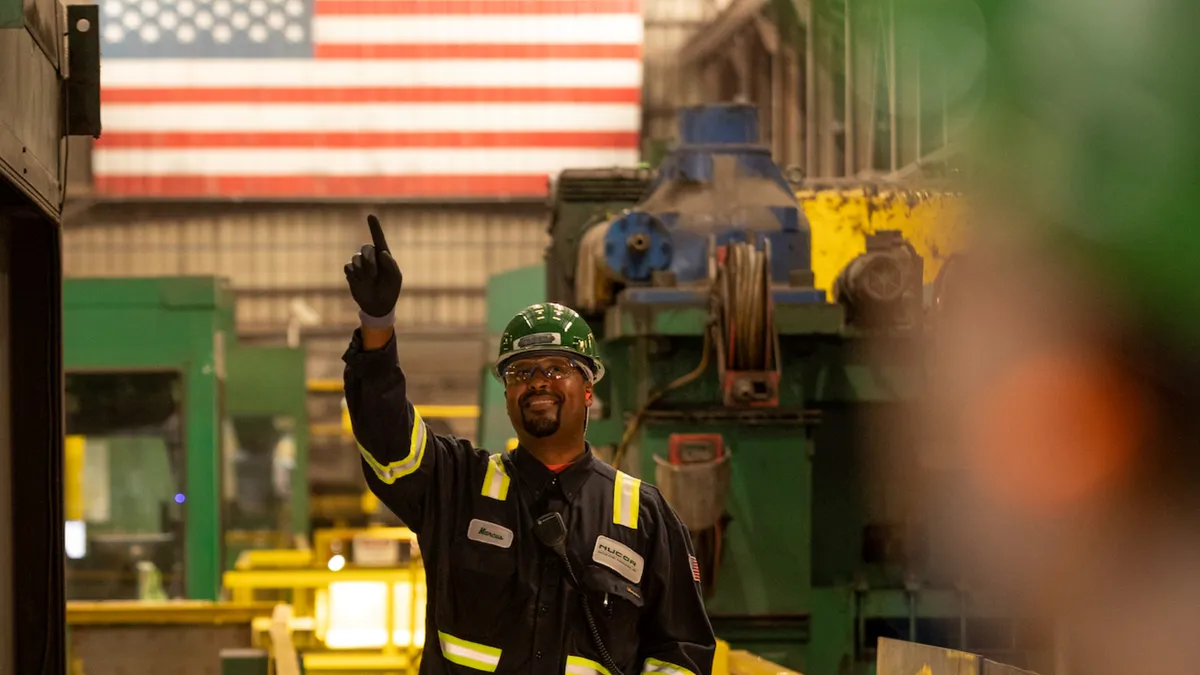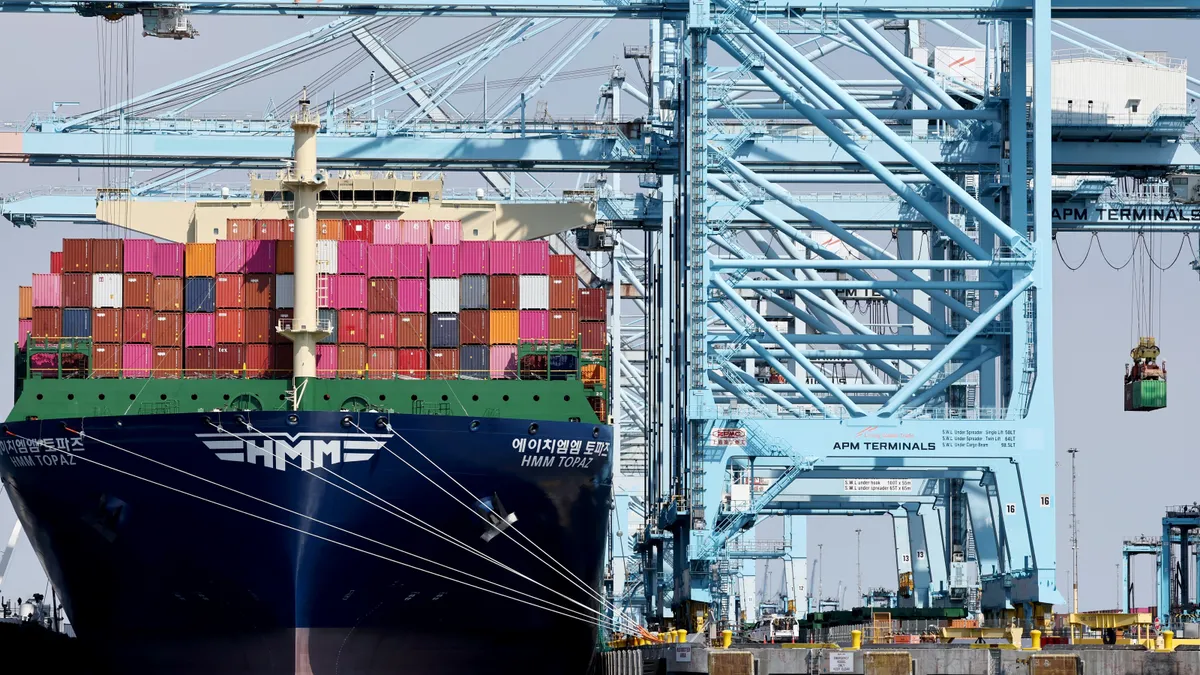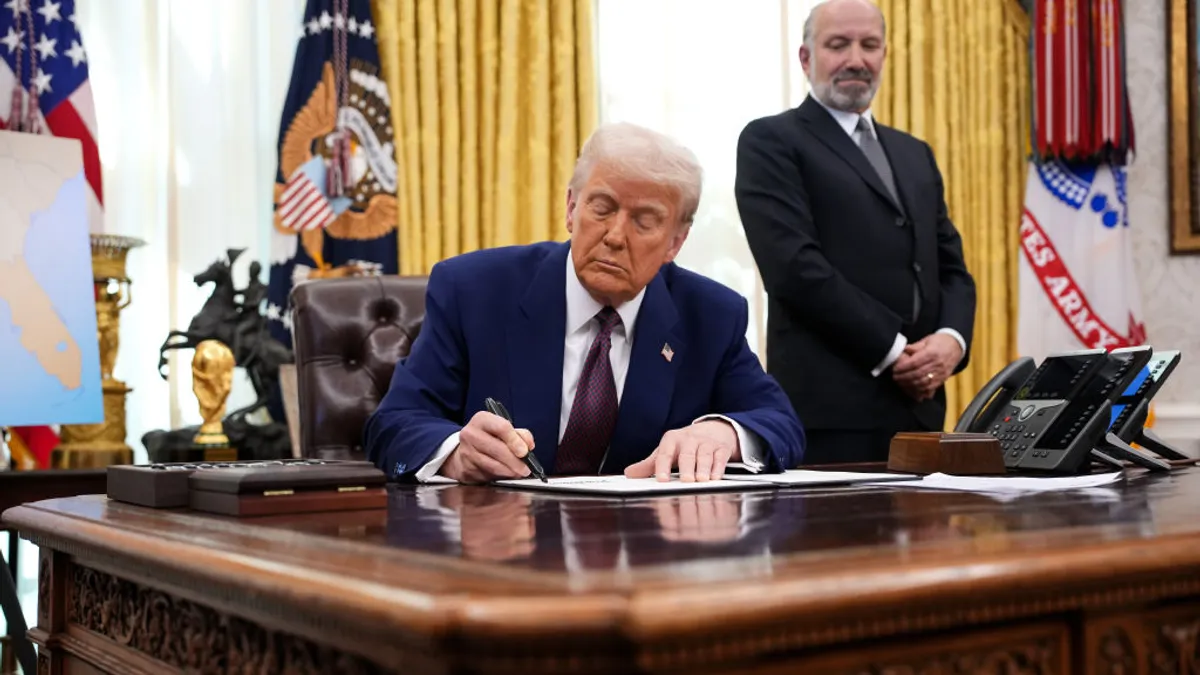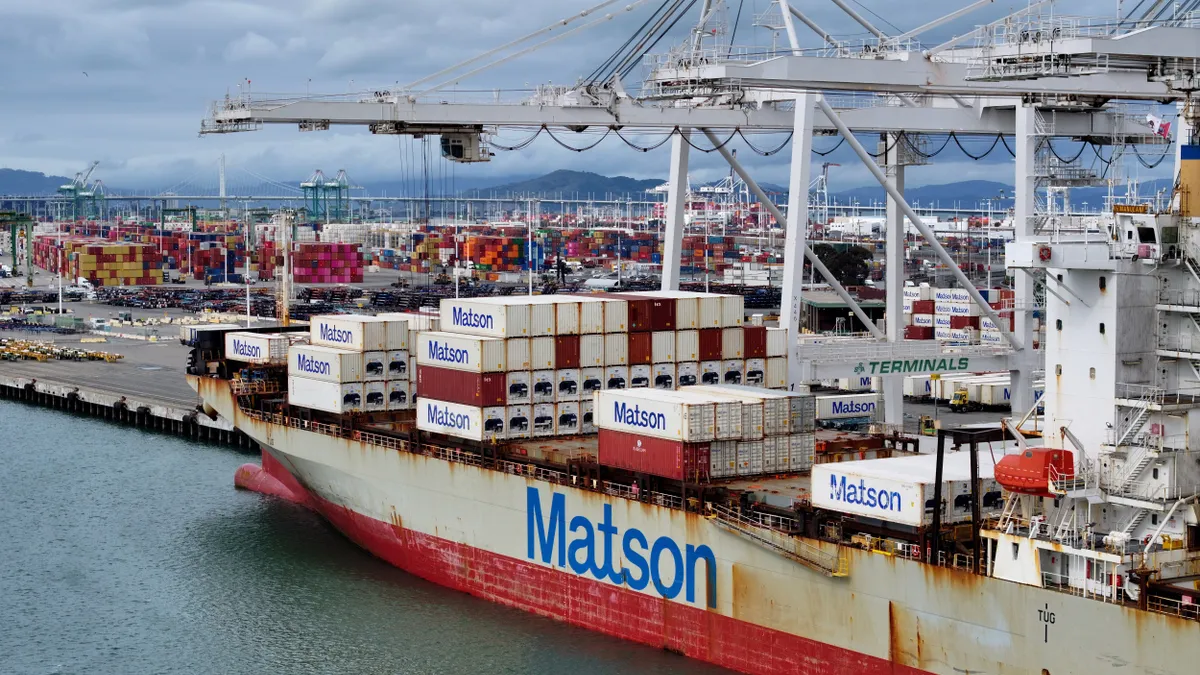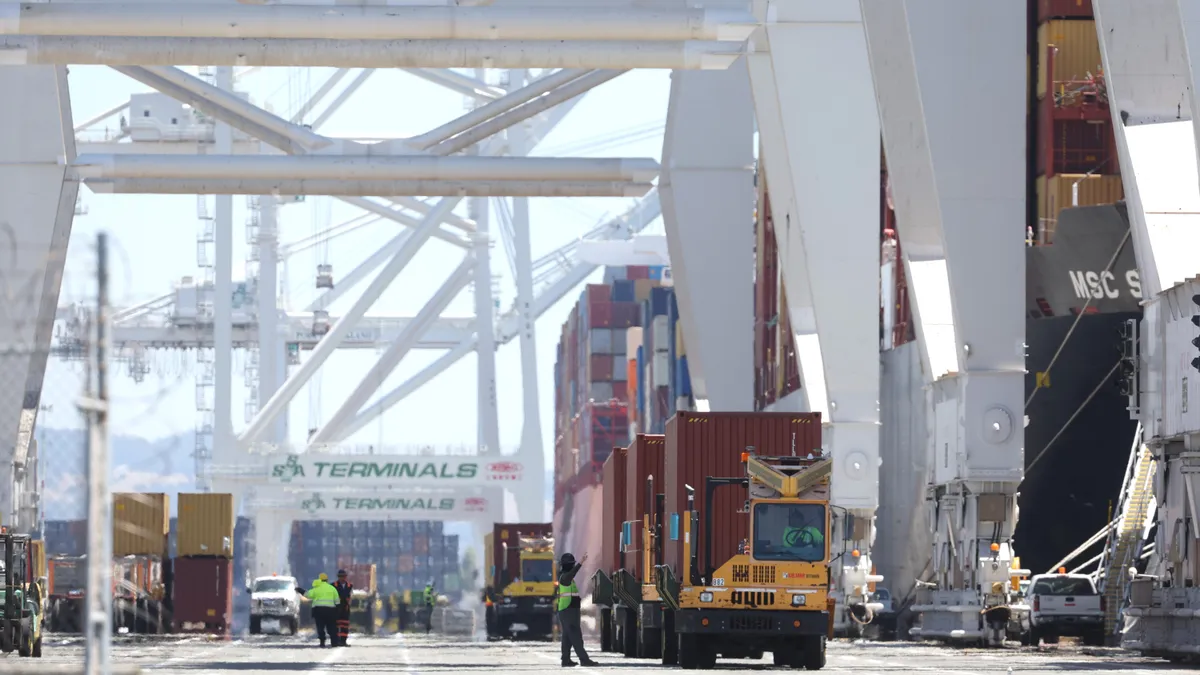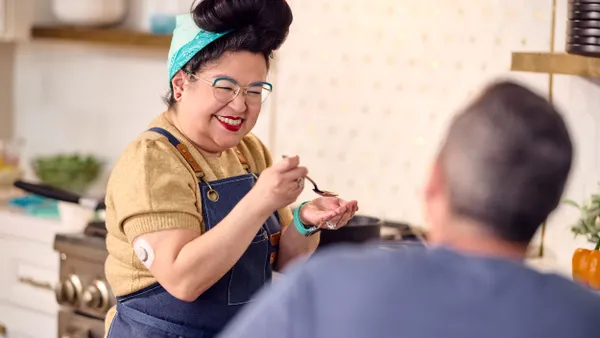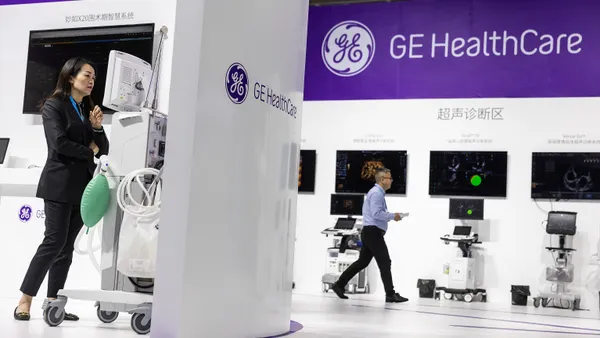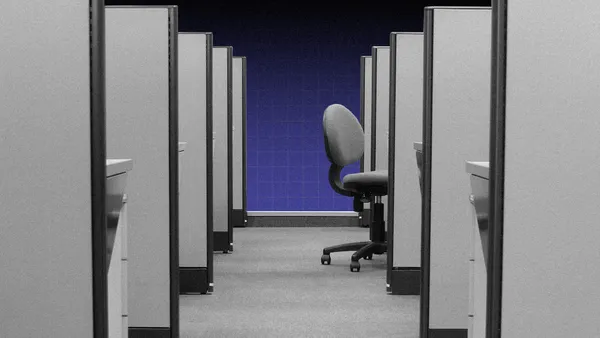Dive Brief:
- The American Hospital Association (AHA) has called for the Trump administration to exempt medical devices from tariffs on imports from Canada, China and Mexico.
- In a letter sent to President Donald Trump Tuesday, AHA CEO Richard Pollack said disruption to the supply of devices from China would curtail hospitals' ability to perform life-saving surgeries, protect patients and healthcare workers from contagion, and diagnose and monitor patient conditions.
- The AHA is particularly concerned about products that are already in short supply despite ongoing efforts to strengthen the domestic supply chain, Pollack said.
Dive Insight:
President Donald Trump signed executive orders to impose tariffs on imports from the country’s biggest trading partners at the start of February. The orders put 25% tariffs on goods from Canada and Mexico and an additional 10% tariff on imports from China, though the levies on Canada and Mexico have been paused.
Medtech trade group Advamed immediately raised concerns about the actions, warning that “shortages of critical medical technologies are a real concern.”
Pollack made similar points in his letter to Trump. The U.S. healthcare system relies significantly on international sources for many drugs and devices, Pollack said. The AHA executive is concerned that tariffs and retaliatory measures from Canada, China and Mexico could inadvertently put lives at risk by jeopardizing the availability of products.
China has already listed Illumina, a U.S. maker of DNA sequencing systems, as an untrustworthy supplier. The AHA letter covers the potential effects of tariffs and a wider trade war on the supply of medicines and devices.
China is the source of many single-use devices such as stethoscope covers that protect patients from infection, Pollack said, and of small products such as needles, syringes, pulse oximeters, anesthesia instruments and blood pressure cuffs that are “used ubiquitously in hospitals.”
The AHA is also concerned about the effects on hospitals’ ability to protect patients from contagion and protect healthcare workers from infectious diseases. Many of the gowns, gloves, face masks, respirators and other protective equipment used by U.S. healthcare professionals come from China, Pollack said, and “cannot be easily replaced by domestic manufacturers.”

